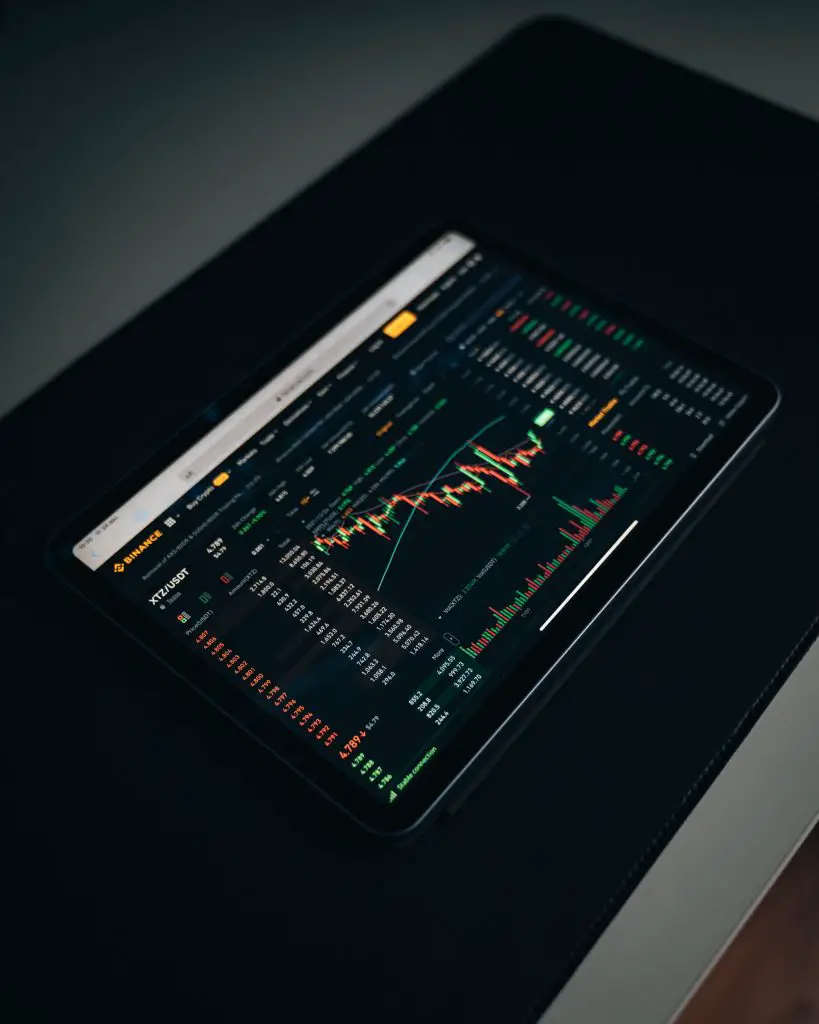Introduction to Decentralized Exchanges (DEX)
Decentralized Exchanges(DEX) are a revolutionary aspect of the cryptocurrency world, offering a platform for trading assets without the need for a central authority. Unlike traditional exchanges, DEXs operate on blockchain technology, ensuring transparency, security, and autonomy for users. This concept has gained immense popularity in recent years, reshaping the landscape of digital asset exchange.
The Evolution of DEX
Initially, crypto trading was dominated by centralized platforms, where a single entity controlled the trade mechanisms. However, with the advent of blockchain technology, a shift occurred towards decentralized models. This evolution was driven by the need for more security, privacy, and control over transactions.
Key Features of DEX
DEXs are characterized by several unique features. They offer enhanced privacy, as users do not need to disclose personal information. The security aspect is bolstered by the distributed nature of blockchain, making it difficult for hackers to compromise the system. Additionally, users have complete control over their funds, eliminating the risk of third-party mismanagement.
How Does a DEX Work?
The underlying technology of a DEX involves smart contracts and blockchain networks. Trades are executed directly between users (peer-to-peer) through automated processes, with smart contracts facilitating, verifying, and enforcing transaction rules. This setup negates the need for intermediaries, streamlining the trading process.
Comparing DEX with Central
Centralized Exchanges (CEX) When contrasting DEX with Centralized Exchanges (CEX), several differences emerge. CEXs, operated by companies, offer streamlined user interfaces and customer support, but they hold users’ funds, posing a risk of central points of failure. DEXs, on the other hand, allow users to retain control of their private keys and funds, offering a more secure, albeit sometimes less user-friendly, experience.
The Role of Smart Contracts in DEX
Smart contracts are the backbone of DEXs, automating the trading process and ensuring compliance with pre-set conditions without human intervention. This automation not only speeds up transactions but also reduces the potential for human error and fraud.
Liquidity in Decentralized Exchanges
Liquidity, a critical aspect of any trading platform, is handled differently in DEXs. They often rely on liquidity pools, where users supply their assets to a collective fund, used for facilitating trades. This system contrasts with the traditional order book model used in CEXs.
User Experience in DEX
Navigating a DEX can be a unique experience. While they offer more control and security, the user interfaces of DEXs are often less intuitive than those of CEXs. However, with the growing popularity of DEXs, many platforms are focusing on improving their user interfaces for better accessibility.
The Security Aspects of DEX
Security is a paramount feature of DEXs, given their decentralized nature. Without a central point of control, they are less susceptible to hacking and fraudulent activities. However, users must be vigilant in managing their private keys, as the loss or theft of these keys can lead to irretrievable losses.
Challenges and Limitations of DEX
Despite their advantages, DEXs face challenges such as lower liquidity compared to CEXs, potentially slower transaction speeds, and sometimes complex user interfaces. Additionally, the decentralized nature can pose regulatory challenges in different jurisdictions.
The Future of Decentralized Exchanges
The future of DEX looks promising as they continue to evolve, addressing current limitations and adapting to regulatory frameworks. With advancements in blockchain technology, DEXs are expected to become more user-friendly and efficient, further encouraging their adoption.
Regulatory Landscape for DEX
The regulatory environment for DEXs is complex and varies by region. As they operate in a decentralized manner, traditional regulatory frameworks may not be directly applicable, posing challenges for both regulators and DEX operators.
Major DEX Platforms in the Market
Several major DEX platforms have gained popularity, each offering unique features and benefits. These platforms vary in terms of supported assets, security measures, and user interfaces, catering to a wide range of users’ preferences.
The Impact of DEX on the Cryptocurrency Market
The rise of DEXs has significantly impacted the cryptocurrency market, offering an alternative to traditional trading platforms. This has led to greater decentralization in the market, aligning with the fundamental principles of blockchain and cryptocurrencies.
Advantages of Using DEX for Crypto Trading
DEXs offer numerous advantages for crypto trading, including enhanced security, user privacy, and control over funds. These benefits make them
an attractive option for traders who prioritize autonomy and security in their transactions.
Case Studies: Successful Transactions via DEX
Real-world examples of successful transactions through DEXs illustrate their efficiency and reliability. These case studies showcase the practical applications of DEXs in various scenarios, highlighting their ability to facilitate secure and seamless trades.
Risks Associated with Using DEX
While DEXs offer numerous benefits, they are not without risks. These include smart contract vulnerabilities, low liquidity issues, and the steep learning curve for new users. Understanding these risks is crucial for anyone considering using DEXs for trading.
Conclusion: The Future of Trading on DEX
In conclusion, Decentralized Exchanges (DEX) represent a significant advancement in the world of cryptocurrency trading. By offering enhanced security, privacy, and control, they are poised to play a pivotal role in the future of digital asset exchange. As technology evolves and regulatory frameworks adapt, DEXs are likely to become more user-friendly and widely adopted, potentially reshaping the global trading landscape.
Frequently Asked Questions
- How do DEXs ensure the security of transactions? Decentralized Exchanges (DEXs) ensure the security of transactions primarily through blockchain technology and smart contracts. Each transaction is recorded on a blockchain, making it transparent and immutable. Smart contracts automate the transaction process, enforcing the terms of trade without human intervention. Additionally, since users maintain control of their private keys, the risk of centralized data breaches is significantly reduced.
- Can anyone trade on a DEX, or are there specific requirements? Generally, anyone can trade on a DEX as long as they have a compatible cryptocurrency wallet and the necessary digital assets for trading. DEXs do not usually require personal identification or registration, aligning with the ethos of anonymity and decentralization. However, users should have a basic understanding of blockchain technology and be comfortable managing their digital wallets.
- How do DEXs handle transaction fees, and who receives them? Transaction fees on DEXs are typically used to compensate for network costs and incentivize liquidity providers. These fees vary depending on the blockchain network and the specific DEX. In most cases, a portion of the fees goes to liquidity providers who supply assets to the liquidity pools, while another portion may be used for the maintenance and development of the DEX platform.
- What happens if a DEX encounters a smart contract bug? If a bug is found in a smart contract on a DEX, it can potentially lead to security vulnerabilities, including the loss of funds. When such a scenario occurs, the DEX developers usually work to fix the bug and may pause the smart contract to prevent further exploitation. In some cases, the community may be involved in deciding how to address the issue. It underscores the importance of rigorous smart contract audits and security measures in DEX development.
- How do DEXs impact the overall liquidity of the cryptocurrency market? DEXs contribute to the liquidity of the cryptocurrency market by facilitating peer-to-peer trades without intermediaries. They often use liquidity pools, where users can provide their assets to create a market for trading pairs. This system can enhance market liquidity, especially for less popular or newly launched tokens. However, DEXs might have lower liquidity compared to large centralized exchanges for mainstream cryptocurrencies.
- Are DEXs legal in all countries, or are there regulatory restrictions? The legality of DEXs varies by country and is subject to the local regulatory framework governing cryptocurrencies and blockchain technology. Some countries may impose restrictions on the use of DEXs or require them to adhere to certain regulations. Users should be aware of and comply with their local laws when using DEXs. The decentralized nature of DEXs can make them challenging to regulate, leading to a varied regulatory landscape worldwide.


